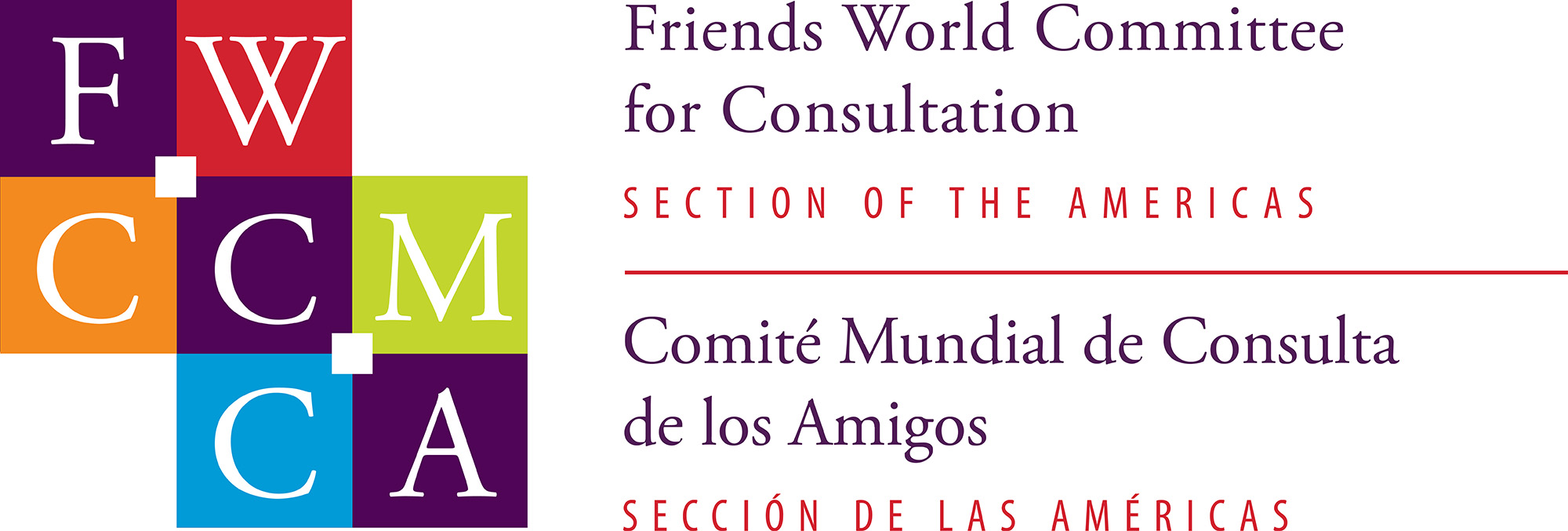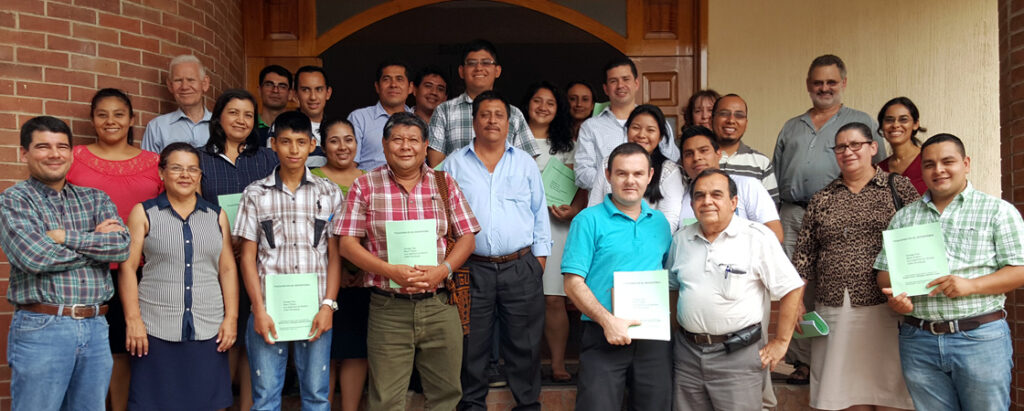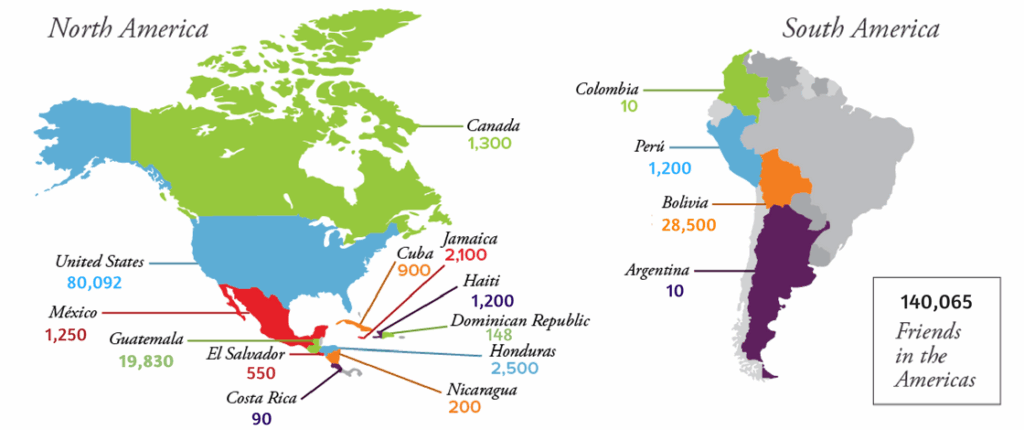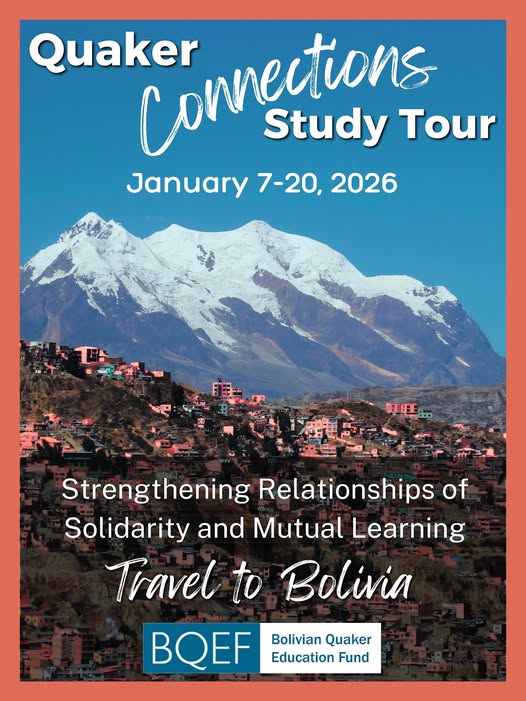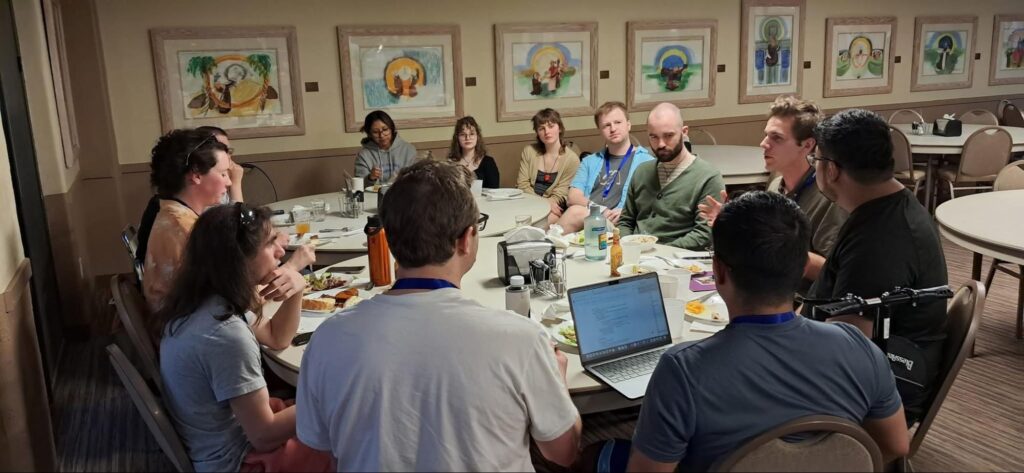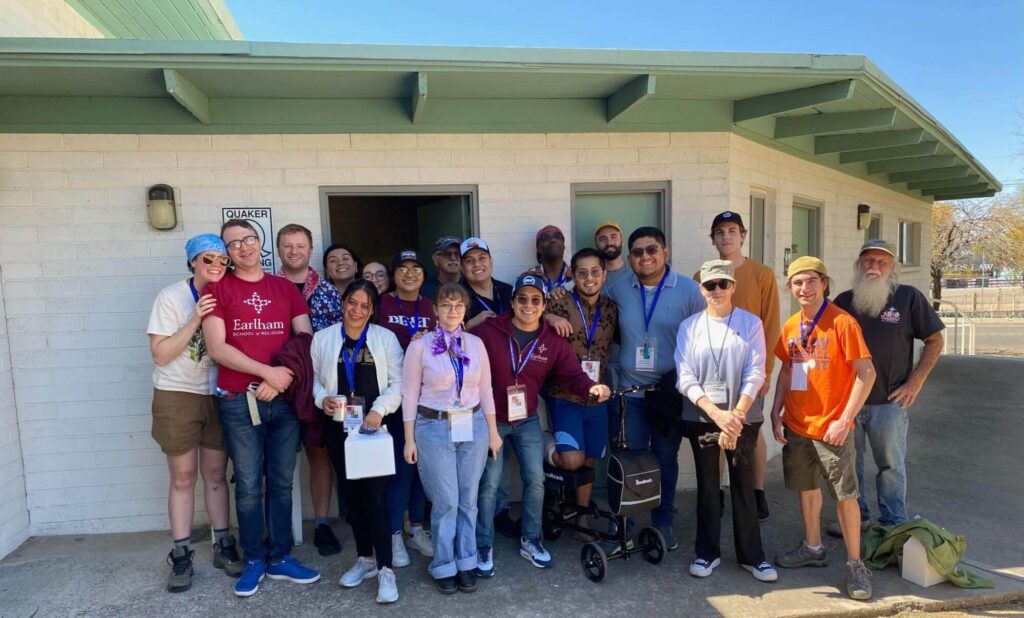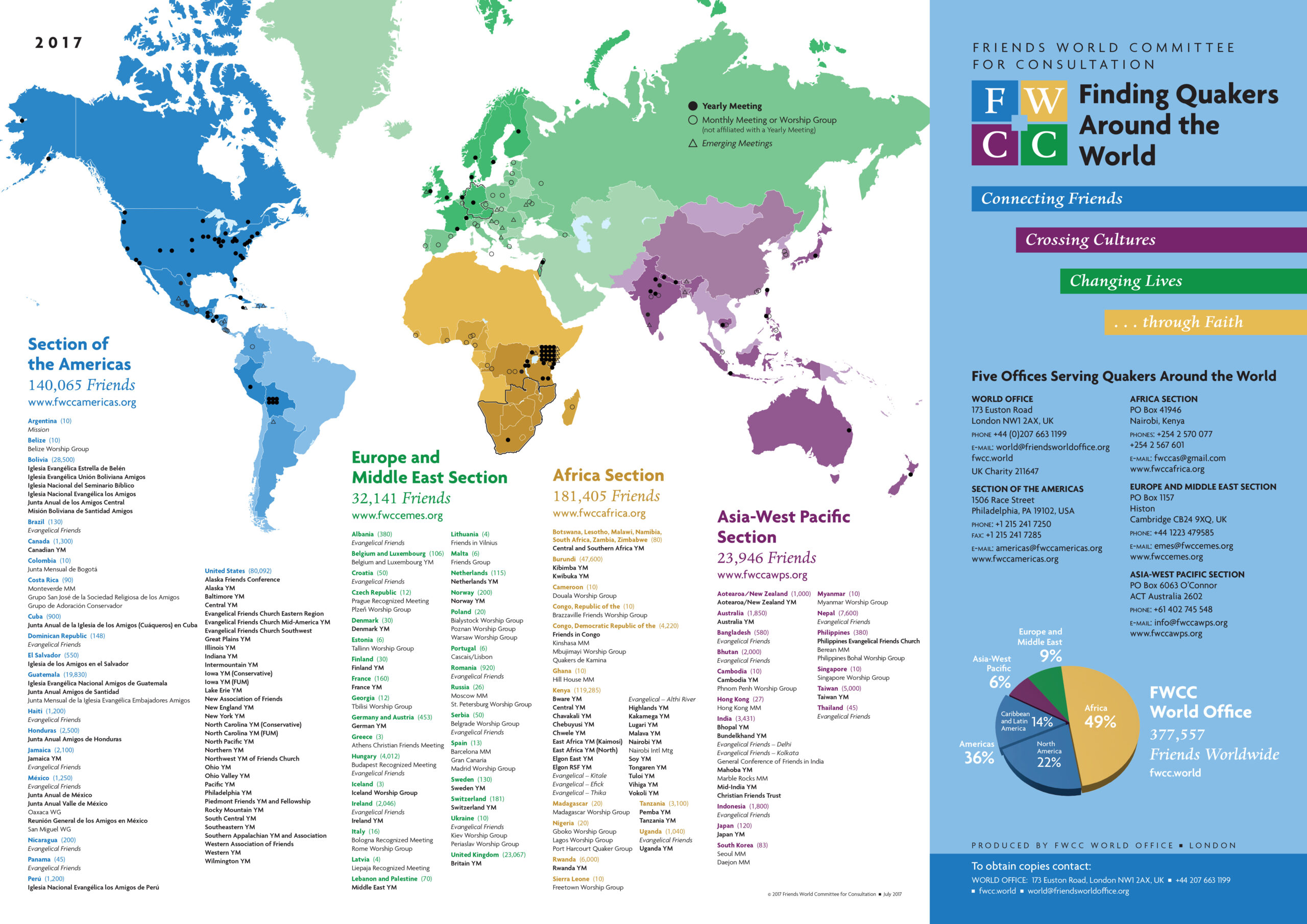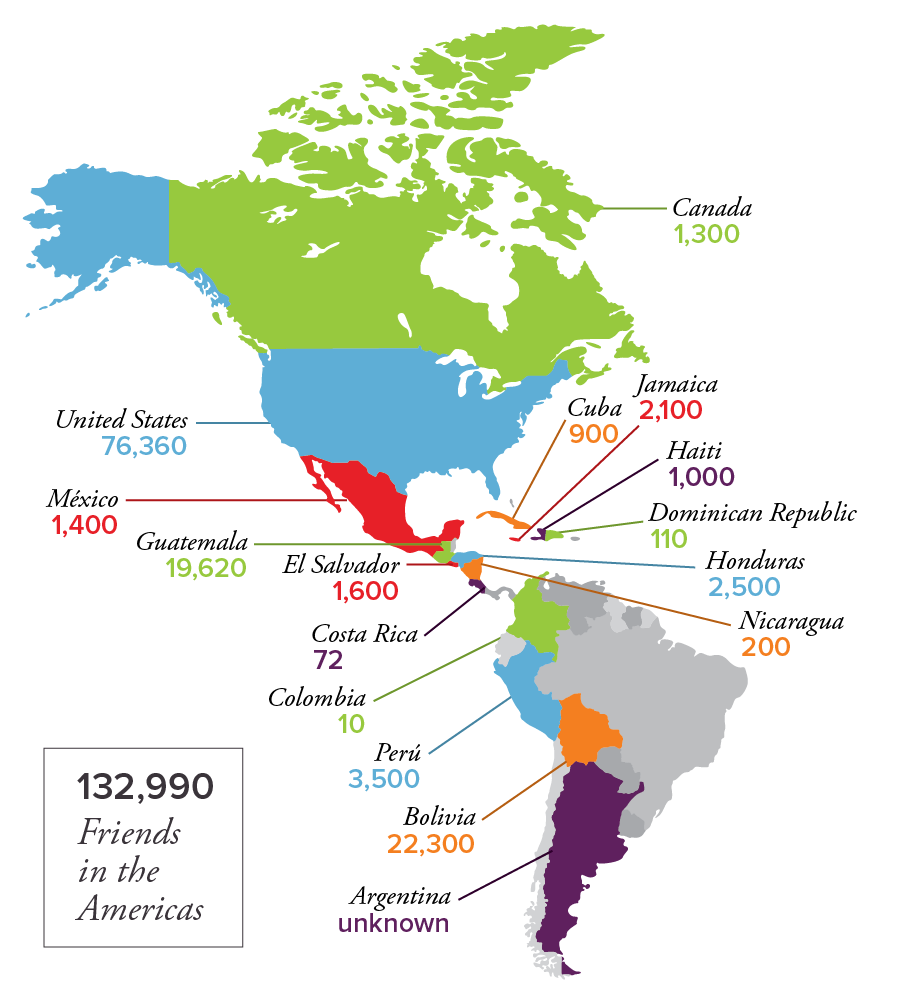1. Before the interview
a) Get your phone up and working and install Smart Voice Recording app.
b) Arrange a time and place to meet the one to be interviewed- choose a time when the person being interviewed is most awake/alert if they are elderly
c) Make sure you arrive on time or slightly early
d) Test the phone, microphone, and the camera using your own voice (practice testing)
e) Make sure you open Voice recorder app on phone and then choose under setting WAV.
f) Take a recording and then play it back, so you can determine how close you need to be to get a good clear recording. Older people often speak softly, so make sure you can hear their voice before you start taping the interview.
2. Set up apparatus
a) Find a location where it will be least noisy. Avoid windy places, places that echo (empty buildings or ones with high ceilings), or places next to traffic or other noises. Or turn off all other cell phones in the room during taping.
b) Turn phone on the airplane mode to cut down distracting noises.
c) Set up the tripod so the phone is in a secure place. It should be not more than 6 feet
away from the person being interviewed. Make sure the microphone is facing the person being interviewed.
d) Attach microphone to shirt/collar of person to be interviewed.
e) Make sure there is no phone case, fingers, etc blocking the mic.
f) Do a 1 minute or less practice to make sure it is catching the sound before interviewing.
g) Take a photo of the person before taping.
3. Recording
a) Start the recording by indicating:
- It’s (month)/ (date_)___/(year)_ and we are located in
the town/ village/ YM . This is (Your name)_ and I am here with (interviewee’s name) as part of the
Oral history project for World Quaker Day. (Which language are you speaking?) - Use the questions on back of sheet, but add follow up questions for information that would be especially interesting for used in Sunday School story telling.
4. End of Interview
a) Take a photo of the person (often they will be more relaxed and smiling afterwards)
b) Thank the one being interviewed plus any family members who assisted.
c) Disinfect the phone after the interview
d) Wash your hands.
e) Check the photo taken and Play back part of the interview
QUESTIONS TO ASK
Personal information:
Where were you born? Or where did you spend your childhood?
Did you attend any Quaker schools? What difference did it make to your life? Challenges faced when you were young?
History of Friends in your area:
Who was the earliest Quaker in your area or village? (or the first people to become Quakers in your area).
Which Quakers were your mentors? Describe why. How were the earliest Quakers in your area different from people from other churches/faiths ? How were they different from Quakers today?
What can we learn from the earliest Quakers in your region?
Leadings and challenges of being a Quaker:
How and where did you become a Friend?
Can you describe any callings or leadings you have had in ministry?
What challenges have you meet while being an adult Quaker or as a woman Quaker?
What are the most serious challenges of being a Quaker today?
How has Quakerism changed your life?
Joys of being a Quaker:
What has been the best thing about being a Quaker? How has it helped you?
Being a Quaker as a child:
If you have been a Quaker from childhood,
a) Describe what it was like to grow up in a Quaker home. How was it different from being brought up in another church?
b) Describe what you remember most about any Sunday school as a child.
c) What did Quakers offer to you as a child?
d) How did you find your wife/husband?
Message you have for future Friends:
What message would you like to give to young Friends today or to your grandchildren?
CREDITS: FWCC Section of the Americas is deeply grateful to the Quaker Religious Education Collaborative-Africa which developed this very useful guide to interviews which we have adopted for World Quaker Day 2021. May God continue to bless their ministry. https://quakerrecollaborative.org/
COVID PRECAUTIONS- wash your hands before you start- don’t touch your face.
Only one person should be using the phone- disinfect between users.
Maintain a safe distance. If the interviewee is ill, postpone the interview until they are better.
